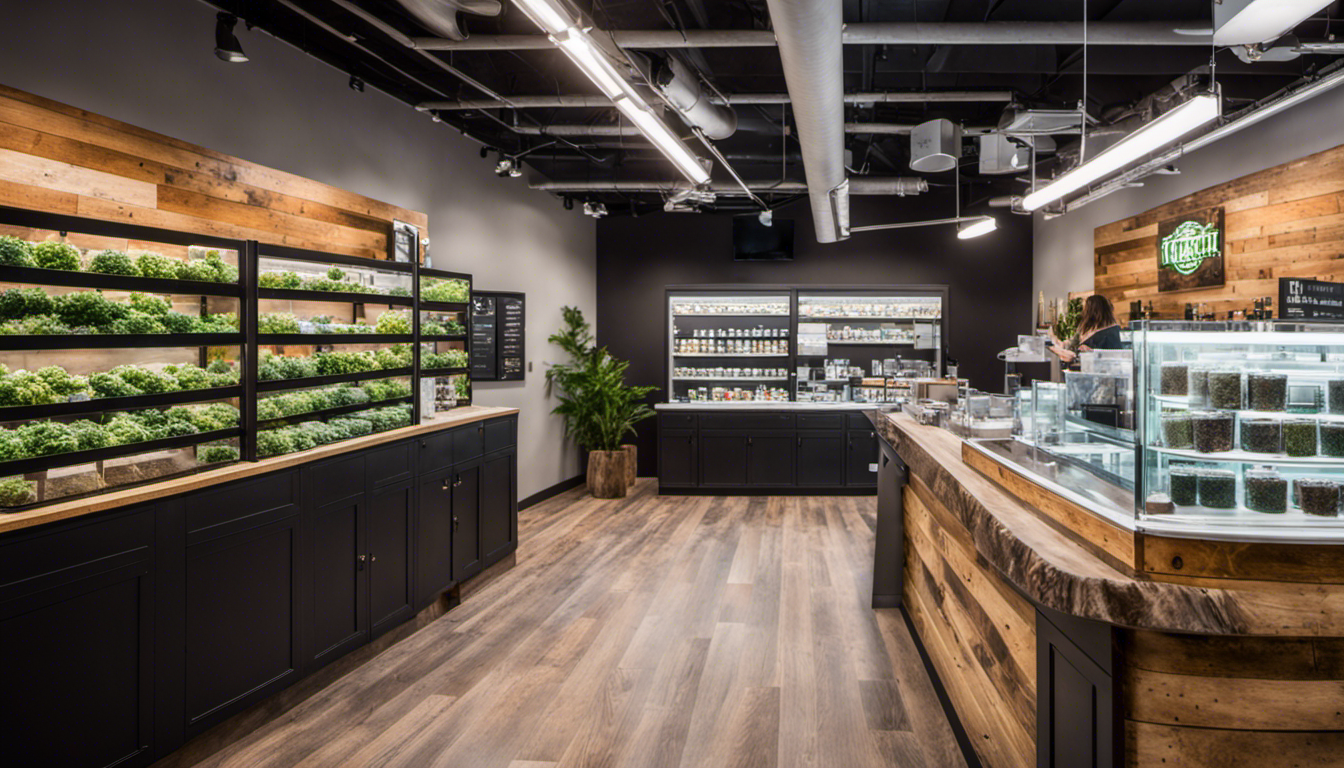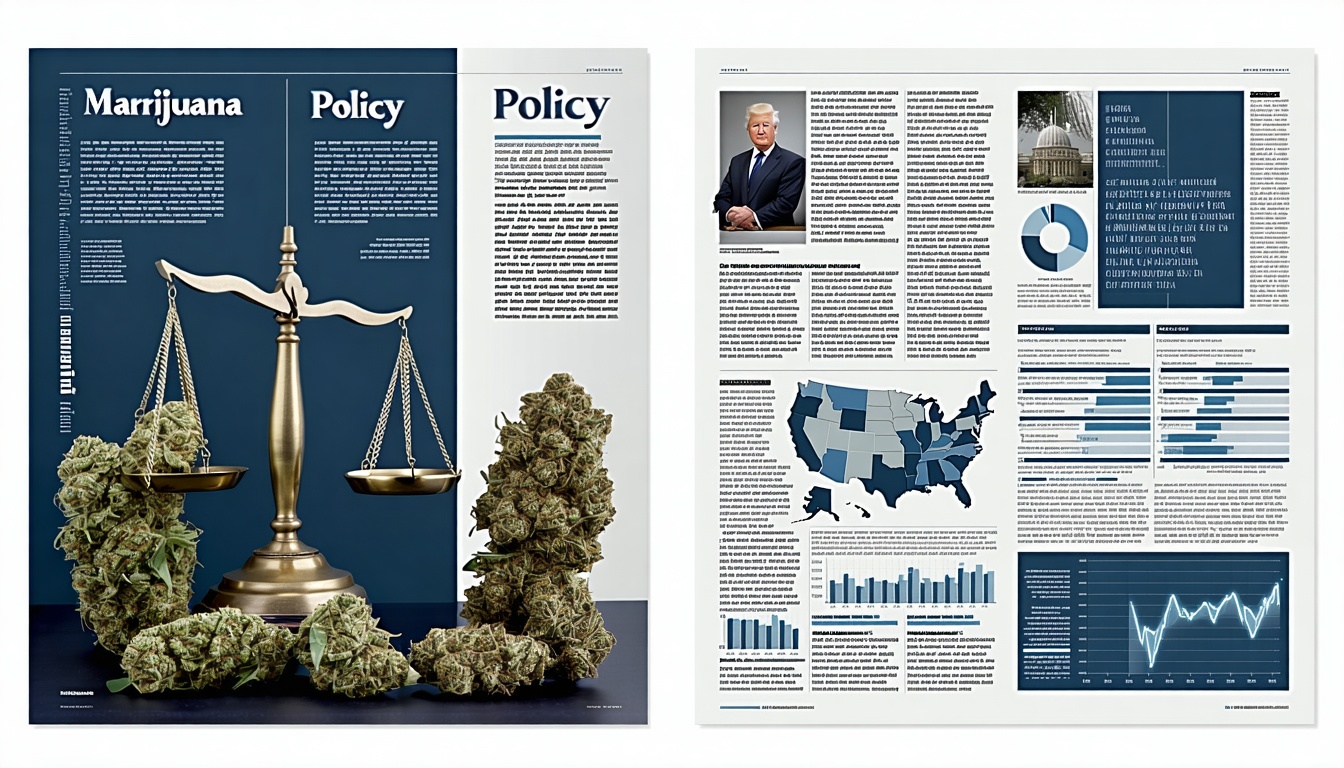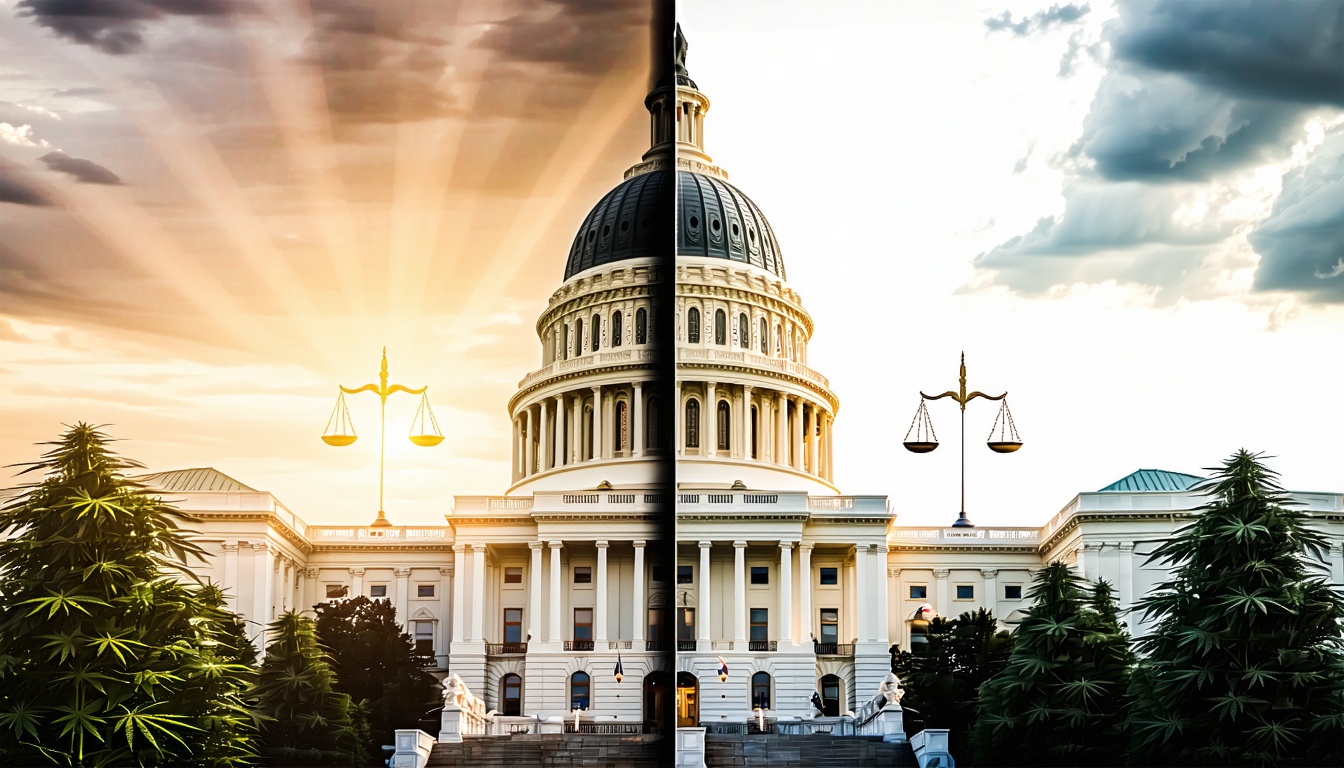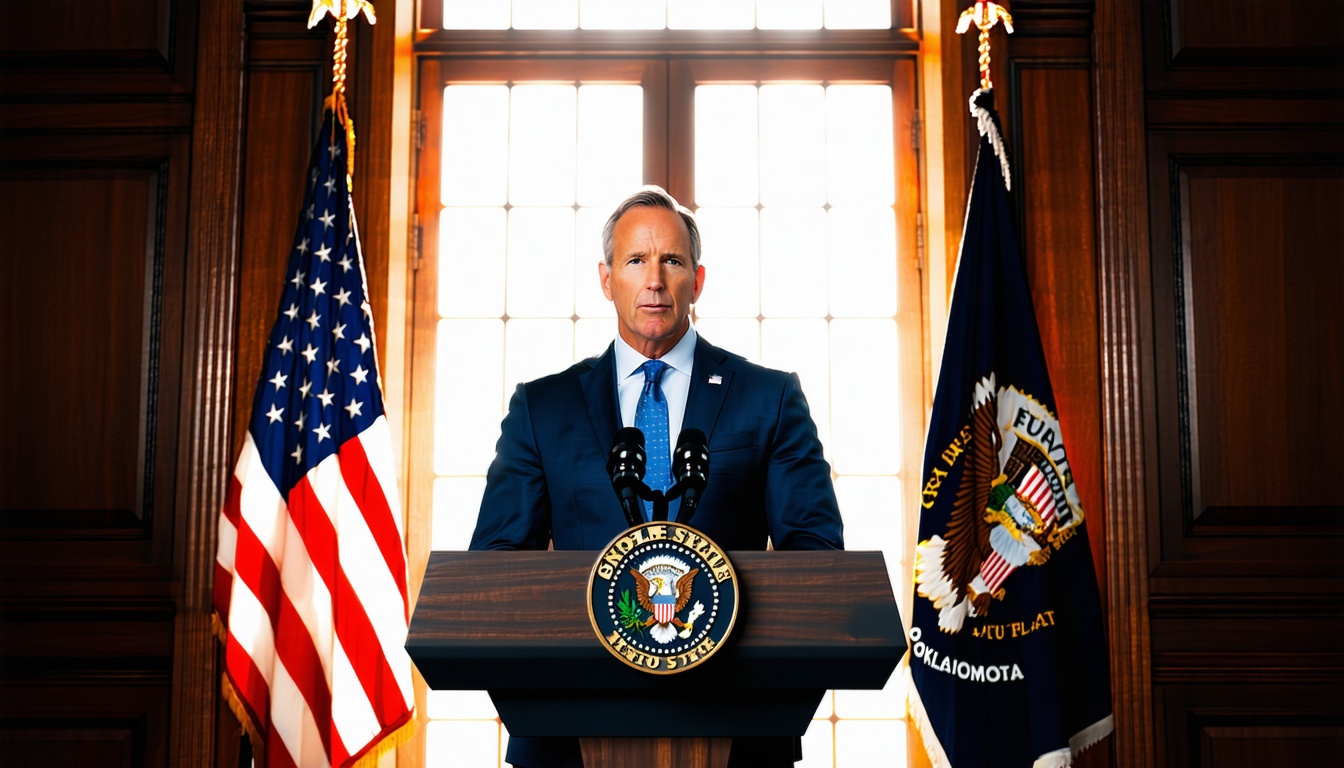Minnesota is on the cusp of legalizing recreational marijuana, and this shift is expected to have a significant impact on the state’s medical marijuana program. Currently, over 48,000 Minnesotans rely on the program, which was established in 2015. Two licensed retailers, RISE and Green Goods, operate 15 dispensaries across the state, providing patients with access to top-quality cannabis products.
Chelsea Swanson, a patient from St. Francis, credits medical marijuana with improving her quality of life. She uses it to manage nausea, pain, and other symptoms, and has been able to reduce her reliance on prescription drugs. While she currently drives 30 miles to shop at a dispensary, she believes the benefits of medical marijuana are worth the trip.
However, industry experts predict that the medical cannabis market may take a hit once recreational marijuana becomes legal. In Michigan, for example, medicinal sales dropped significantly after recreational sales began. Minnesota officials are working to mitigate this impact by maintaining the same safety standards for medical and recreational marijuana, including seed-to-sale tracking and strict regulations on cultivation.
One key difference between medical and recreational marijuana is taxation. Medical marijuana will remain tax-free, while recreational marijuana will be subject to taxes. This could be a significant cost savings for patients like Swanson, who currently pays no taxes on her medical marijuana purchases.
In addition to taxation, the medical program will undergo other changes in 2025. Patients will no longer be required to pay an annual enrollment fee, and they will only need to recertify with their physician every three years instead of annually. The program will also introduce a “visiting patient option,” allowing patients from other states to purchase products in Minnesota. Furthermore, the age threshold for registered caregivers to purchase cannabis flower will be lowered from 21 to 18.
As Minnesota prepares for the legalization of recreational marijuana, it remains to be seen how the medical program will adapt and evolve. However, one thing is clear: patients like Swanson will continue to benefit from access to high-quality, locally grown cannabis products.












